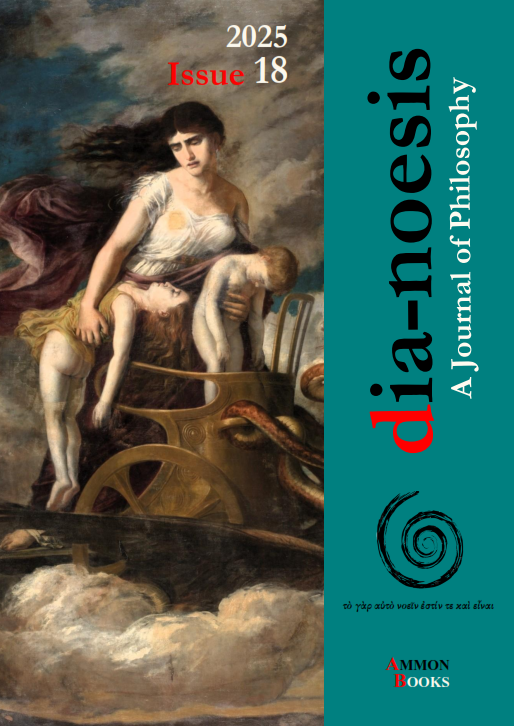Conflict, Displacement and the ‘Lived Body’: A Phenomenological Reading of Selected Lit-erary Narratives from Kashmir

Abstract
This paper examines selected literary narratives from Kashmir in light of Maurice Merleau-Ponty’s concept of ‘lived body’ to understand how exile and displacement disrupt the embodied meaning. The primary texts for the study include short stories and memoirs based on the Kashmir conflict. Diverse narrative forms have been selected to understand how the disruption in the embodied meaning takes place differently. The paper contends that in the selected narratives, the body is more than the site of trauma. It is a vantage point from where perception ensues and meaning gets constituted. The paper draws insights from Merleau-Ponty’s concept of “lived body” to understand how the body acts as a seminal site of perception and meaning and how trauma unsettles the stable embodied meaning, leading to perception marked by fragmented voices, silences, and profound corporeal alienation. The disruption of embodied meaning reconceptualises the body-world relationship, producing an altered perception of time and space. Additionally, the paper studies literature, in general, as a space for reconstituting the idea of self in the wake of trauma induced by conflict and displacement. Writing about trauma and displacement can restore intersubjective ties that are fractured since an individual feels isolated in his loss on account of exile. Thus, literary narratives become spaces that enable shared memory. Through storytelling, grief is witnessed, becomes collective, and enters a common perceptual field, enabling recognition and the possibility of healing.
Article Details
- How to Cite
-
Bhat, A., & Chadha, A. (2025). Conflict, Displacement and the ‘Lived Body’: : A Phenomenological Reading of Selected Lit-erary Narratives from Kashmir. Dia-Noesis: A Journal of Philosophy, 18(2), 133–158. https://doi.org/10.12681/dia.43446
- Section
- Articles


